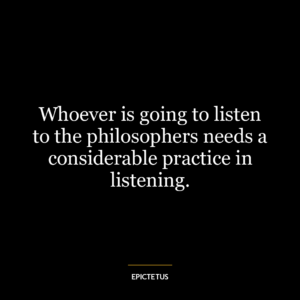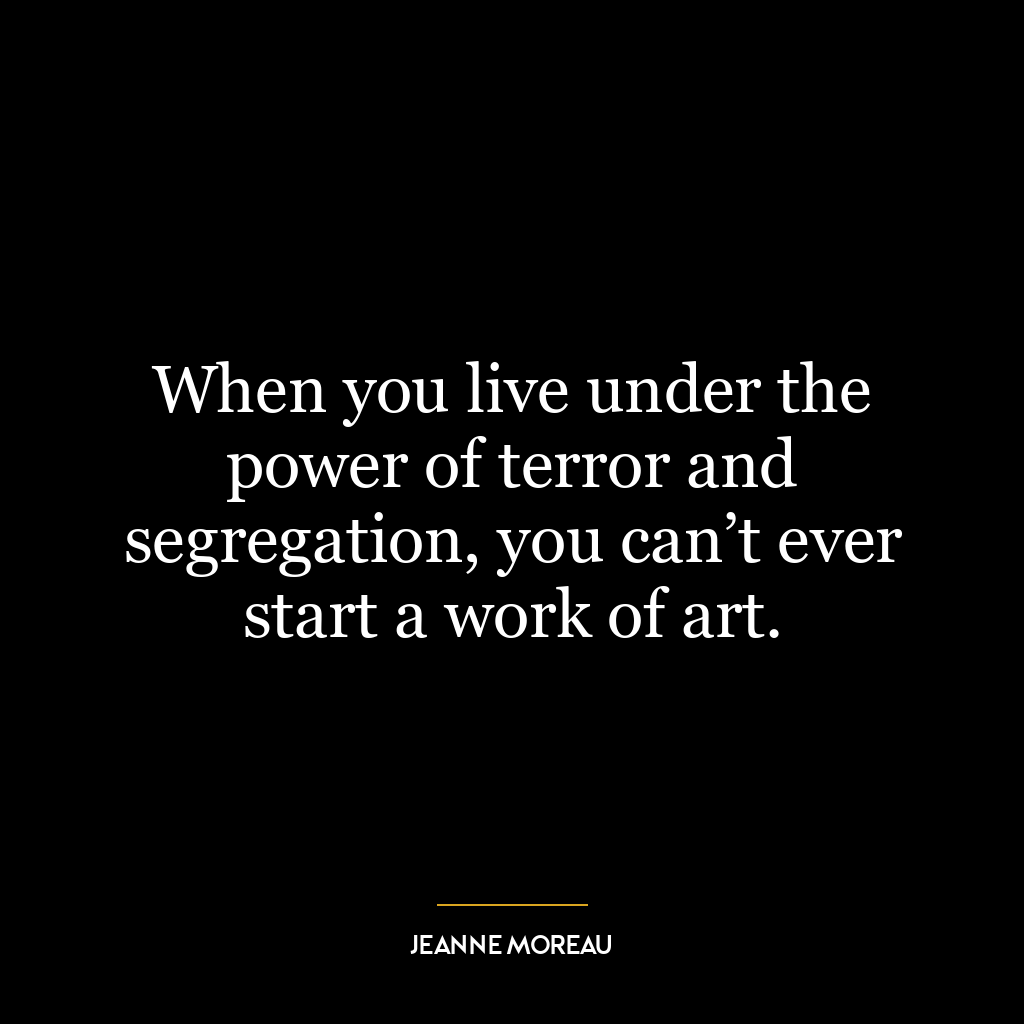This quote essentially means that a person who constantly complains or wallows in self-pity is a slave to their own negative emotions, regardless of their wealth or status (symbolized by the purple clothing, which was often associated with royalty or high standing in society). In other words, true freedom is not about external circumstances, but about one’s internal state of mind.
The quote suggests that our reactions to life’s challenges are more important than the challenges themselves. If we respond to difficulties with resilience and equanimity, we demonstrate our inner strength and freedom. But if we react with whining and complaints, we show that we are controlled by our circumstances and emotions, which is a form of self-imposed slavery.
In the context of today’s world, we often equate success and freedom with material wealth and social status. But this quote reminds us that true freedom and success are more about our mental and emotional state. It’s about being able to maintain a positive and resilient mindset in the face of life’s challenges.
In terms of personal development, this quote encourages us to cultivate emotional resilience and a positive mindset. Instead of complaining about our problems, we should focus on finding solutions or learning from them. It’s about developing emotional intelligence and mental toughness, which are key skills in personal development.
Moreover, the quote also highlights the importance of self-awareness. By recognizing when we are falling into the trap of negativity and complaints, we can consciously choose to shift our mindset and free ourselves from this self-imposed slavery. This is an empowering perspective that can help us navigate life’s ups and downs with more grace and resilience.















